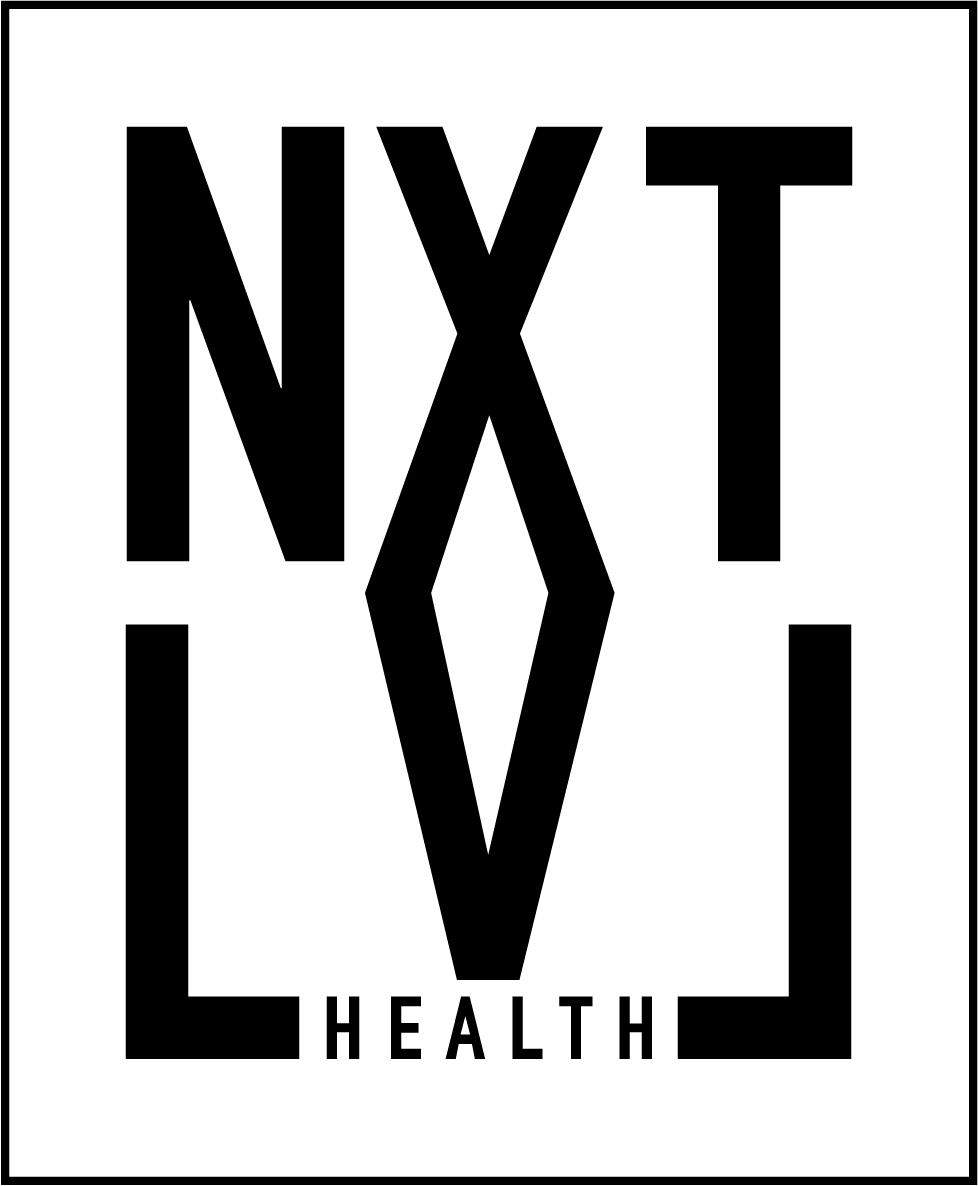Am I Fat Or Bloated?
The question I get asked most in clinic. Learn how to tell the difference between belly fat and bloating, plus what to do about each one.
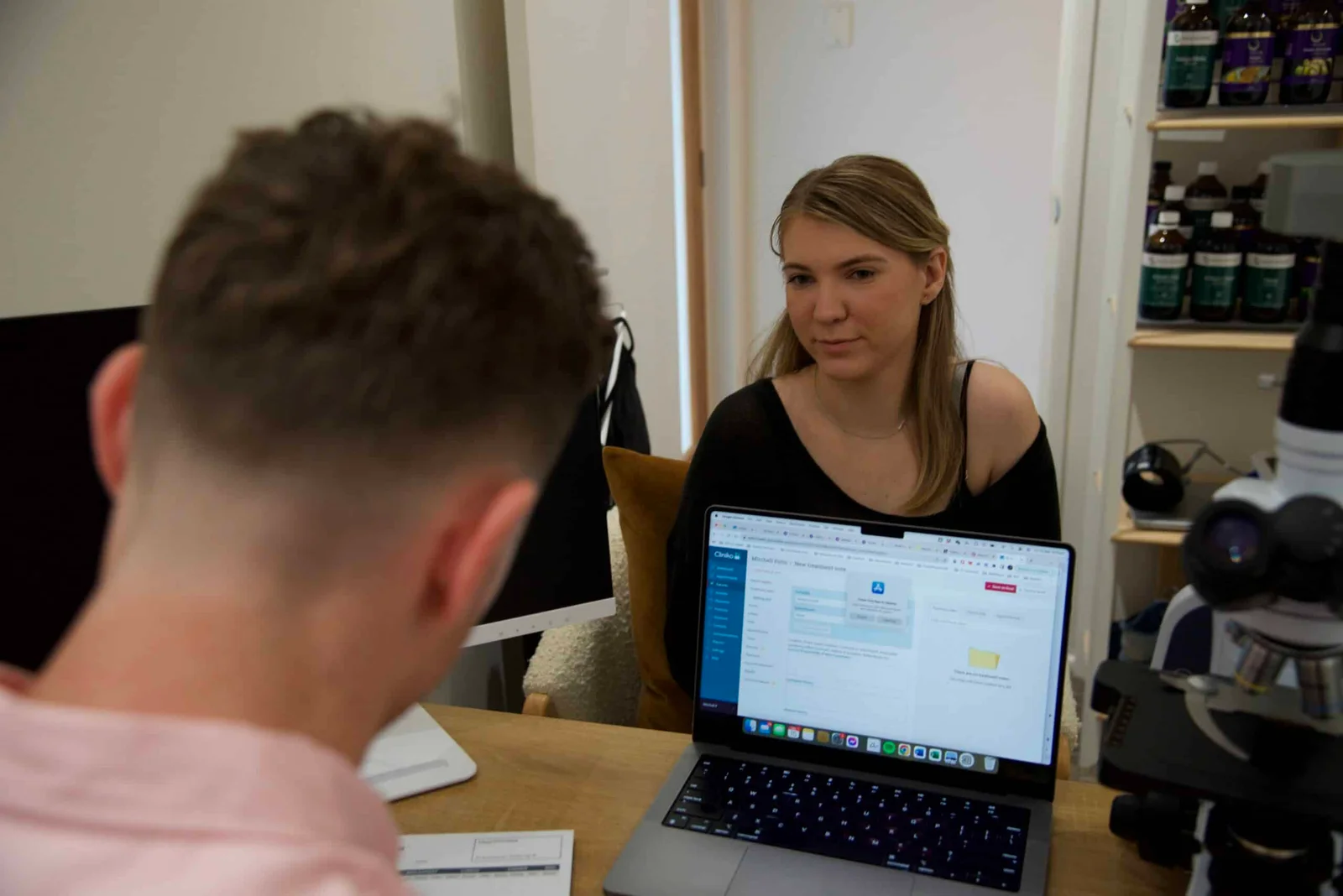
Table of Contents
I get asked this question a lot in clinic: "Mitch, am I fat or bloated?"
And it's a fair question. Many of my patients in New Farm, Brisbane come in feeling confused. One day their belly looks flat. The next day it looks swollen, round, or "pregnant-like." They wonder: is this fat gain, water retention, or just bloating from food?
The truth is, it's not always easy to tell. But there are some clear signs I look for when helping people work it out.

Fat or Just Bloating? What's the Difference
If you've ever thought "am I fat or just bloated?" you're not alone. Here's how I explain it:
Belly Fat
Belly fat builds slowly, over weeks and months. It stays there all day, every day.
Bloating
Bloating comes and goes. Your stomach may look bigger after meals, in the evenings, or during your cycle, but not always in the morning.
Think of fat as more constant, while bloating is more fluctuating.
Signs It's Likely Bloating (Not Fat)
When I see patients, I look for patterns. Here are some classic signs:
Fluctuating belly size
Flat in the morning, swollen at night.
Tightness or pressure
Belly feels firm, stretched, or uncomfortable.
Gas, burping, or reflux
Linked with food reactions or gut bugs.
"Why do my pants feel tight sometimes?"
They fit one day, but not the next.
Digestive triggers
Meals with dairy, gluten, beans, onions, or fizzy drinks often set it off.
Stomach distension after meals
Looks like weight gain, but changes within hours.
Bloating related to menstrual cycle
Many women notice swelling just before their period.
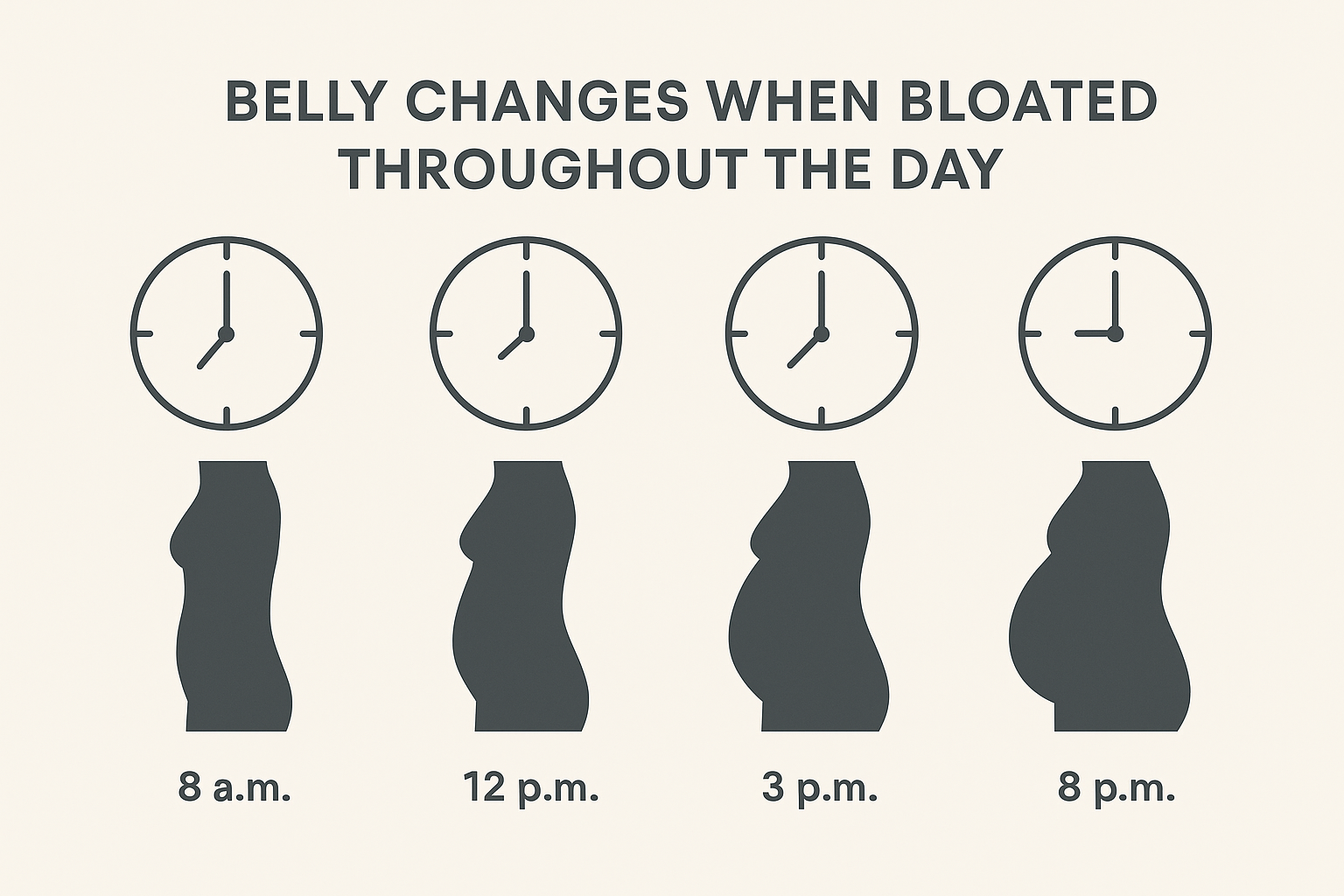
Signs It's More Likely Belly Fat
On the other hand, here's what I see when it's fat gain:
Consistent belly size
It doesn't shrink overnight.
Softness
Fat feels soft and squishy, not tight and swollen.
Fat accumulation vs temporary swelling
Slowly grows with time, especially with poor sleep, stress, or excess calories.
Other areas affected
Hips, thighs, arms, and face may also look fuller.
No link with meals
Belly doesn't change much before or after eating.
The Tricky Middle Ground: Fluid Retention
Sometimes the question isn't just "bloating vs weight gain". It can also be water retention. I've had patients ask: "is my belly fat or water retention?"
Here's what I look for:
- Swelling in the ankles, hands, or face.
- Belly feels puffy rather than gassy.
- Often worse with high salt, alcohol, or hormone shifts.
This is less common than gut-driven bloating, but worth checking out.
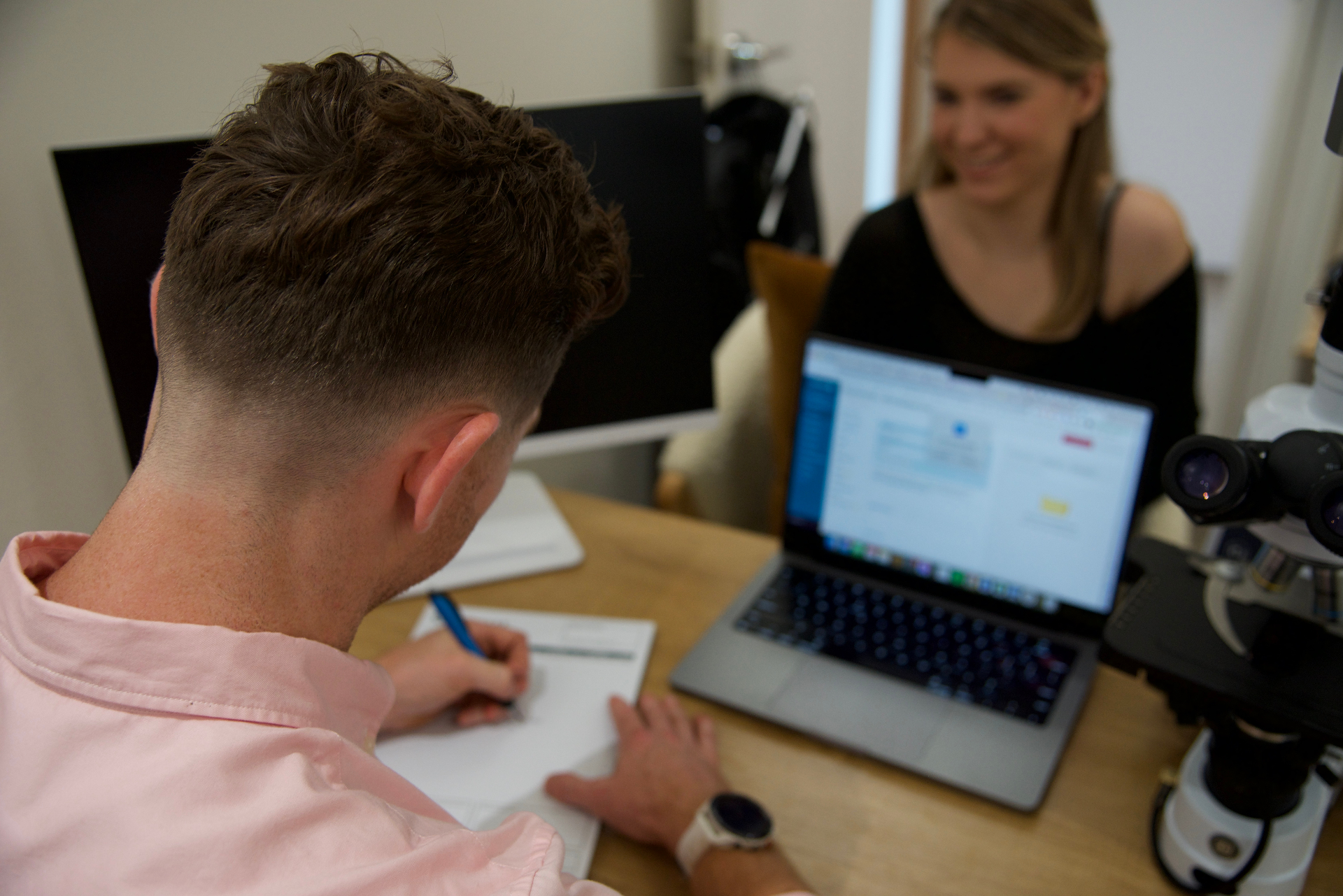
Why Do I Look Pregnant Instead of Just Fat?
This is one of the most common frustrations I hear. Patients say:
"My belly looks fat, but is it bloating?"
"Why do I look pregnant after dinner?"
This usually comes down to stomach bloated vs fat:
Fat Gain
Spreads evenly
Bloating
Pushes the stomach outward, often firm, round, and sudden
If your belly looks fine in the morning but bloated stomach after dinner is your normal, it's almost always digestive.
Common Causes of Bloating
So, why am I bloated all the time?
Here are the patterns I see most often in clinic:
Food reactions
Dairy, gluten, beans, onions, garlic, fizzy drinks.
These ferment in the gut → gas → belly distension.
Low stomach acid or enzymes
If you don't break food down properly, it ferments instead.
Gut bugs (SIBO, candida, imbalance)
Overgrowths cause bloating after meals.
Hormonal changes
Bloating related to menstrual cycle is very real.
Stress and nervous system overload
When you're "wired but tired," digestion shuts down.
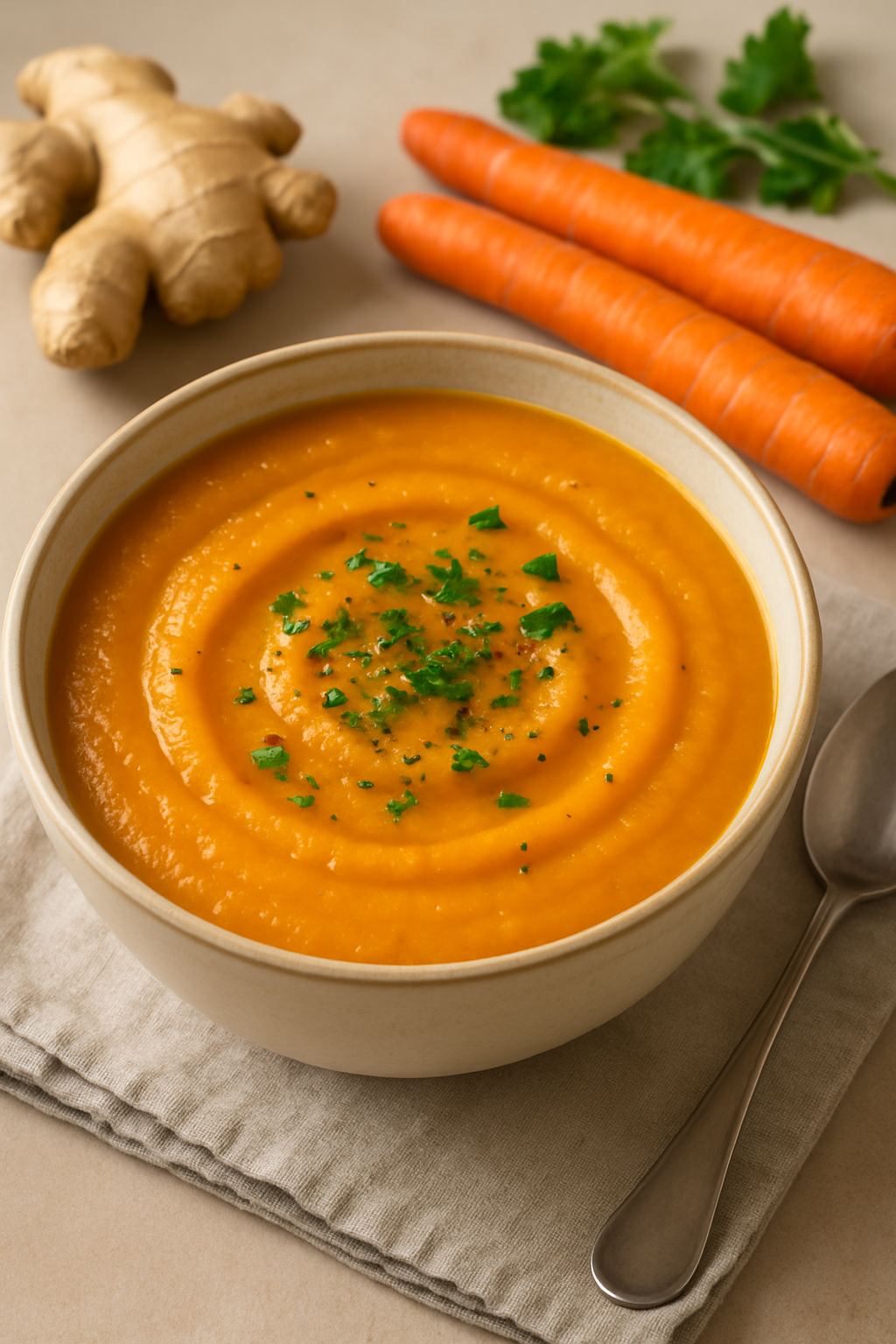
Quick Fixes for Bloating
Sometimes you just want fast relief. Here are a few quick fixes for bloating I share:
Chew slowly (20–30 chews per bite)
Don't chug water with meals → small sips only
Gentle walking after meals helps gas move through
Warm foods (soups, stews) instead of cold raw foods when digestion is weak
Breathing rituals → 3 deep breaths before eating. This calms the nervous system
Longer-Term Solutions for Bloating
Of course, quick fixes are only half the story. If bloating is constant, we need to look deeper.
This is where naturopathy and functional medicine shine. I often test for:
From there, we make a plan. That might include gut repair nutrients, microbiome rebuild, stress resets, or meal timing changes.
The goal isn't just to calm symptoms. It's to fix the root cause.
How to Tell If It's Belly Fat or Bloating
Here's a simple checklist I use with patients:
Does your belly change size during the day?
→ Likely bloating
Does it feel firm and tight or soft and squishy?
→ Firm = bloating, soft = fat
Do certain foods trigger it?
→ Bloating
Has it built up slowly over months?
→ Fat
Does it come with gas, reflux, or pain?
→ Bloating
If you tick both columns, you might have a mix of fat and bloating. Many people do.
Why Do Some People Get Both?
I've seen this in clinic so often: patients feel "fat stomach every morning vs bloated evenings."
That's because:
Extra belly fat stays all day.
Digestive bloating stacks on top, especially after meals.
It can feel like a double-whammy. But when we work on digestion, people often notice they drop a clothing size just from less bloating, before even touching fat loss.
How to Reduce Bloating Quickly (and Fat Long-Term)
The best way to approach this is in steps:
1. Reduce bloating quickly
Fix chewing, breathing, hydration, meal timing.
Use soothing herbs like slippery elm or peppermint.
2. Tackle root causes
Gut testing, food plans, microbiome repair.
Address stress and sleep.
3. Address fat gain if needed
Nutrition coaching, strength training, lifestyle habits.
This isn't about fad diets — it's about balance.
What Patients Often Report After Working on This
When bloating improves, I hear patients say:
"I don't look 6 months pregnant after dinner anymore."
"My belly feels flatter and lighter."
"My pants fit all day instead of just in the morning."
"I finally know the difference between fat gain and bloat."
And when fat loss is also a goal, combining gut health + smart training makes the results stick.
Final Thoughts: Am I Fat or Bloated?
If you're asking this question, you're not alone.
The difference between fat accumulation vs temporary swelling can feel confusing. But with the right approach, you can learn how to tell fat from bloating, calm your gut, and take charge of your health.
At NXTLVL Health here in New Farm, I work with patients every week who feel heavy, swollen, or "stuck in their belly." The good news? There's always a reason — and always a path forward.
Next Step: Get Clear on What's Happening in Your Body
If you're tired of guessing, I'd love to help.
Book Your Free 15-Minute Discovery CallBring your symptoms, your story, and your questions. Together we'll map out your first steps — whether it's bloating, fat gain, or both.

About Mitchell Potts
Mitchell is a top naturopath in Brisbane who helps people feel better using natural ways. He knows a lot about gut health, food problems, and how to help your body heal itself. Mitchell uses special tests and natural treatments to find out what is really making you feel unwell. He has helped many people in Brisbane get healthy and feel great again.
Learn more about Mitchell →